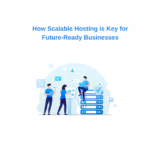The elite education landscape is undergoing a profound transformation. As digital technologies reshape learning experiences and private institutions expand globally, we’re witnessing unprecedented opportunities for scaling premium educational models. This evolution presents both challenges and possibilities for education leaders seeking to maintain exclusivity while achieving significant growth. Through innovative approaches, forward-thinking institutions are redefining what it means to deliver elite education at scale—creating systems that preserve quality while dramatically expanding reach.
The Expanding Market for Elite Education
Global EdTech market projected to reach $598.82 billion by 2032 (Source: Straits Research)
The global education technology market, valued at $144.64 billion in 2023, is projected to reach $598.82 billion by 2032, growing at a CAGR of 17.10%. This remarkable expansion reflects the increasing demand for personalized learning solutions and the integration of advanced technologies in education delivery. As noted by Grand View Research, “The increasing adoption of digital technologies, such as virtual and augmented reality, enhances learning experiences by making them more interactive and immersive.”
“We expect 100+ publicly listed education companies valued at over $1B by 2025, many powered by AI and immersive technologies that have revolutionized learning models across higher education, K-12, and corporate training.”
This growth isn’t limited to EdTech platforms. Private educational institutions are experiencing parallel expansion, with venture capital and private equity firms deepening their involvement in the sector. Between 2018 and 2020, investment in education doubled from $8.2 billion to $16 billion, fueled by the rapid digital transformation of education. This surge in capital reflects growing investor confidence in scalable education models that can deliver premium learning experiences to broader audiences.
5 Actionable Strategies for Scaling Elite Education
Scaling elite education requires more than simply increasing enrollment numbers or expanding digital offerings. It demands strategic approaches that preserve the quality, exclusivity, and outcomes that define premium education. The following strategies represent proven pathways for growth while maintaining the core value proposition of elite education models.
1. Hybrid Learning Ecosystems
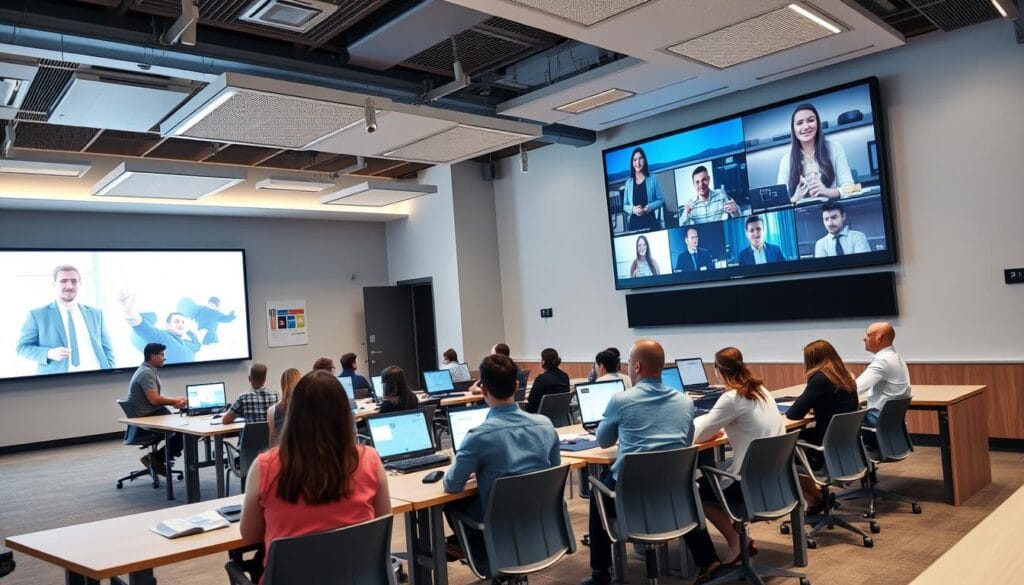
Elite institutions are increasingly developing sophisticated hybrid learning ecosystems that blend the best aspects of physical and digital education. These systems go beyond simple online course delivery to create integrated experiences that maintain the exclusivity and personalization of premium education while dramatically increasing reach.
Key implementation elements include:
- Synchronous learning experiences that connect in-person and remote students
- High-production-value content creation studios for developing premium digital assets
- Proprietary learning platforms designed specifically for elite education delivery
- Carefully orchestrated in-person intensives that complement digital learning
- Community-building mechanisms that preserve the network value of elite institutions
2. AI-Driven Personalization at Scale
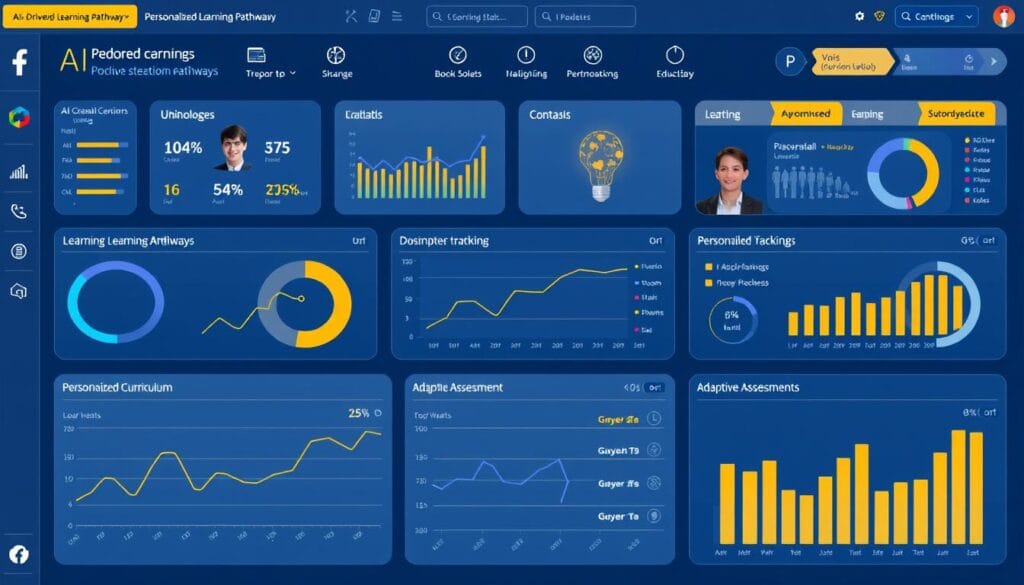
Artificial intelligence and machine learning technologies are revolutionizing the ability to deliver personalized education at scale. Elite institutions are leveraging these technologies to create learning experiences that adapt to individual student needs while maintaining high standards.
Implementation approaches include:
- Adaptive learning pathways that adjust content difficulty based on student performance
- Predictive analytics that identify learning gaps before they impact outcomes
- AI-powered tutoring systems that provide personalized feedback at scale
- Automated content curation that delivers precisely targeted resources to each learner
- Learning pattern recognition that informs curriculum development
3. Global Franchising and Licensing Models
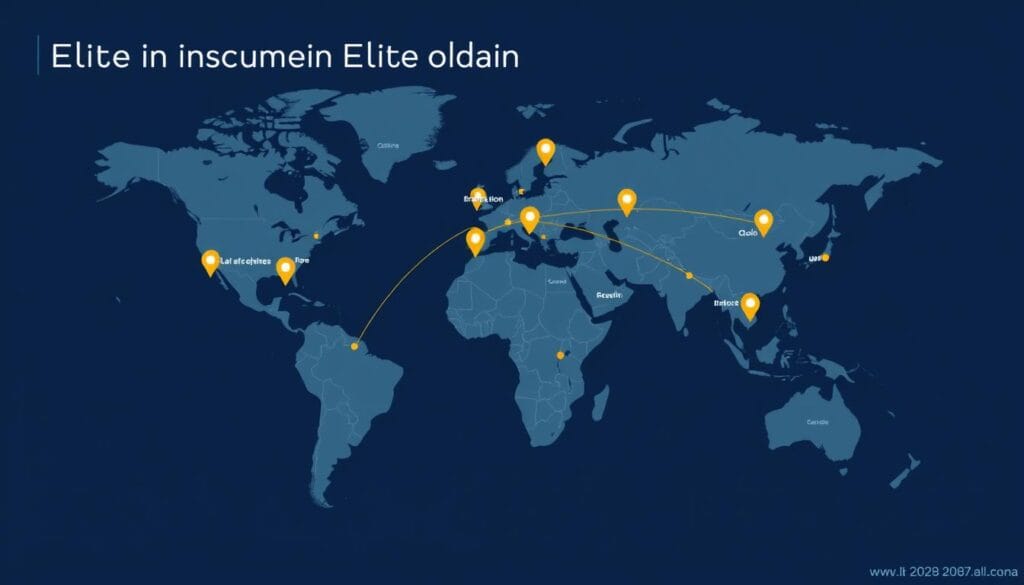
Many successful elite education providers are scaling through sophisticated franchising and licensing models that allow for rapid geographic expansion while maintaining strict quality control. These approaches enable institutions to leverage local market knowledge while preserving their core educational philosophy and brand standards.
Effective implementation includes:
- Comprehensive operational playbooks that codify the institution’s approach
- Rigorous partner selection processes that prioritize alignment with core values
- Centralized curriculum development with localized delivery adaptations
- Ongoing quality assurance systems with real-time monitoring capabilities
- Cross-location student exchange programs that reinforce the global network
Scale Your Elite Education Model With Proven Frameworks
Access our proprietary A.C.E.S. Framework for scaling premium education while maintaining exclusivity and quality. This comprehensive guide includes implementation roadmaps, quality control systems, and ROI calculators specifically designed for elite education providers.
4. Premium Digital Credentialing Systems
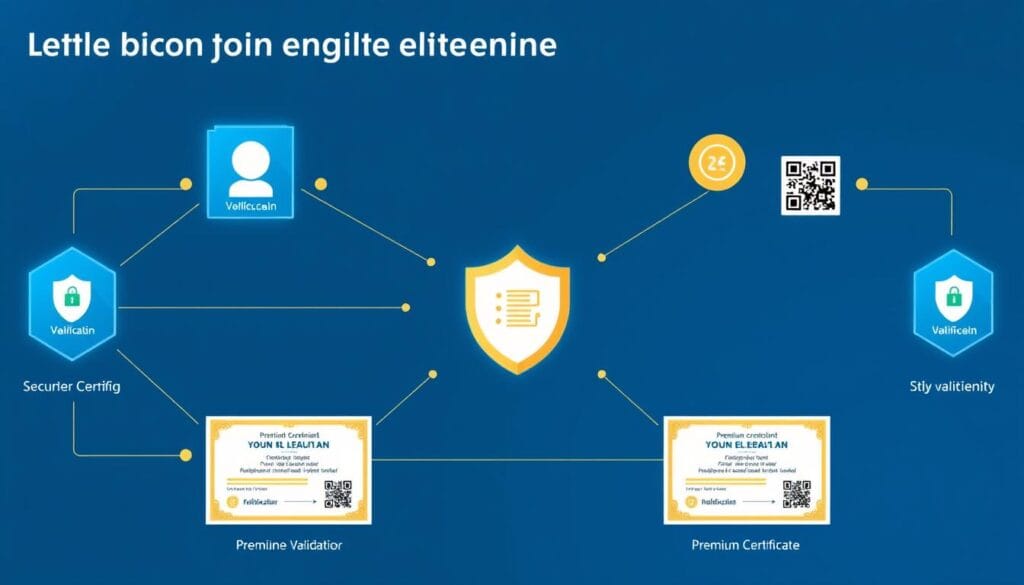
Elite institutions are developing sophisticated digital credentialing systems that maintain the value and verification standards of their qualifications while enabling more flexible learning pathways. These systems allow for modular credential stacking while preserving the signaling value that makes elite education credentials valuable.
Key components include:
- Blockchain-verified credentials that prevent fraud and enable instant verification
- Micro-credentials that recognize specific competencies while building toward full qualifications
- Skills-based assessment frameworks that maintain rigorous standards
- Employer partnership networks that recognize and value the digital credentials
- Continuous learning pathways that extend the relationship with learners
5. Immersive Technology Integration

Virtual reality, augmented reality, and metaverse technologies are creating new possibilities for delivering immersive learning experiences that rival or exceed traditional in-person education. Elite institutions are leveraging these technologies to create distinctive learning environments that can be accessed globally.
Implementation strategies include:
- Virtual campus environments that replicate the exclusivity of physical campuses
- Immersive simulations that enable practice of complex skills in safe environments
- Global collaboration spaces that connect learners across geographic boundaries
- Digital twin technologies that enable remote access to specialized equipment
- Augmented reality overlays that enhance physical learning materials
Scaling Challenges: EdTech Platforms vs. Traditional Private Institutions
While both EdTech platforms and traditional private institutions share the goal of scaling elite education, they face distinct challenges in their growth journeys. Understanding these differences is essential for developing effective scaling strategies.
| Challenge Area | EdTech Platforms | Traditional Private Institutions |
| Quality Assurance | Algorithmic quality monitoring; difficulty maintaining human touch at scale | Established quality frameworks; challenges in standardizing across locations |
| Brand Perception | Must overcome “digital-only” stigma; building prestige from scratch | Leveraging existing prestige; risk of dilution through expansion |
| Regulatory Compliance | Navigating evolving EdTech regulations; cross-border data privacy concerns | Complex accreditation requirements; varying standards across jurisdictions |
| Faculty Development | Transitioning subject experts to digital teaching; scaling content creation | Finding qualified faculty globally; maintaining consistent teaching quality |
| Capital Requirements | High upfront technology investment; lower ongoing physical infrastructure costs | Significant physical infrastructure costs; real estate acquisition challenges |
| Network Effects | Strong digital network effects; challenges in creating meaningful connections | Established alumni networks; difficulty connecting across global campuses |
The most successful scaling approaches often combine elements from both models, creating hybrid systems that leverage the strengths of each while mitigating their respective challenges. This convergence is increasingly evident in the case studies of institutions that have achieved significant scale while maintaining their elite positioning.
Case Studies: Successful Scaling of Elite Education
Examining organizations that have successfully scaled elite education models provides valuable insights into effective strategies and implementation approaches. The following case studies highlight different pathways to growth while maintaining premium positioning.
Case Study 1: MasterClass – Premium EdTech Platform Growth
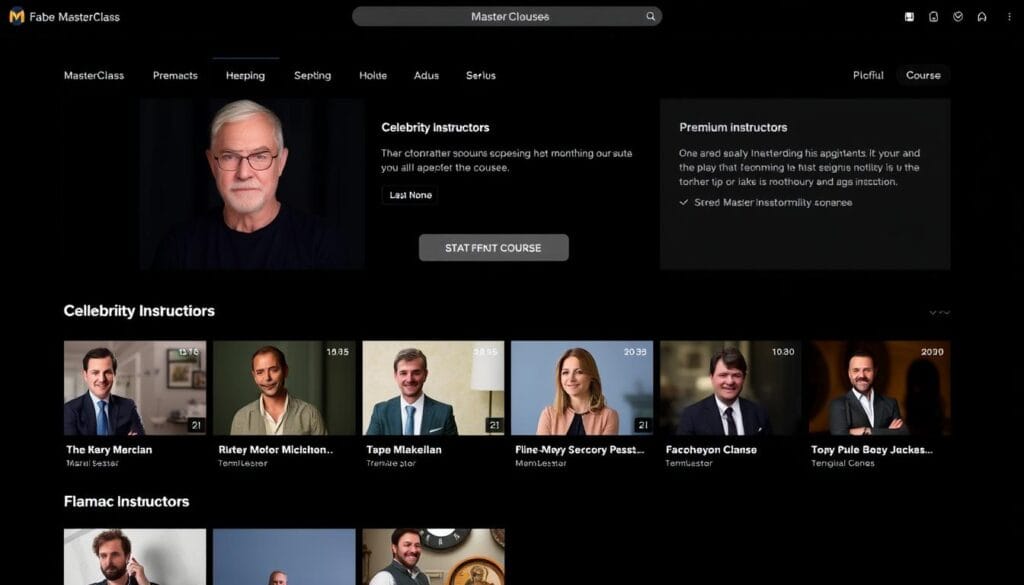
MasterClass has achieved remarkable growth by creating a premium EdTech platform featuring celebrity instructors and high-production-value content. The company experienced 300% user growth in just two years by focusing on quality over quantity and creating a distinctive approach to online learning.
Key Success Factors:
- Hollywood-quality production values that create a premium learning experience
- Celebrity instructors who bring built-in audiences and credibility
- Subscription model that creates predictable revenue and encourages exploration
- Content strategy focused on timeless skills rather than trending topics
- Strong brand identity that clearly signals premium positioning
Growth Metrics:
- 300% user growth in 2 years (2020-2022)
- Expanded from 50 to 150+ courses while maintaining quality
- Achieved $2.75 billion valuation in 2021
- Maintained 70%+ annual renewal rate
- Successfully expanded into B2B enterprise market
Case Study 2: Nord Anglia Education – Global Private School Expansion

Nord Anglia Education has successfully scaled its premium K-12 education model to over 70 schools across 30 countries through strategic acquisitions and partnerships. Their approach demonstrates how traditional private education can achieve global scale while enhancing rather than diluting its premium positioning.
Key Success Factors:
- Centralized curriculum development with local adaptation flexibility
- Strategic partnerships with elite institutions like Juilliard and MIT
- Proprietary digital platform connecting students across global campuses
- Standardized quality assurance systems that maintain consistent standards
- Global mobility program allowing students to move between campuses
Growth Metrics:
- Expanded from 15 to 70+ schools in under a decade
- Present in 30+ countries across 5 continents
- Serves 67,000+ students globally
- Maintained premium fee positioning across markets
- Achieved consistent academic outcomes across diverse locations
Case Study 3: IE University – Metaverse Campus Innovation

IE University in Spain has pioneered the use of metaverse and virtual reality technologies to deliver elite higher education experiences remotely. Their WOW Room and Virtual Campus initiatives demonstrate how immersive technologies can create premium learning environments that transcend physical limitations.
Key Success Factors:
- Purpose-built virtual campus designed specifically for learning experiences
- Faculty training program focused on effective teaching in virtual environments
- Hybrid events that connect physical and virtual participants seamlessly
- Integration of AI-powered learning assistants within the virtual environment
- Virtual networking spaces that replicate the social aspects of campus life
Growth Metrics:
- Increased international student enrollment by 45%
- Students from 140+ countries participating in virtual programs
- Maintained 92% satisfaction rate among remote learners
- Expanded faculty reach without physical campus constraints
- Achieved 30% cost reduction in program delivery
Implement These Strategies In Your Institution
Our team has helped over 50 elite education providers scale their operations while enhancing their premium positioning. Schedule a strategy session to discuss your specific scaling challenges and opportunities.
Ethical Considerations in Scaling Elite Education

The scaling of elite education models raises important ethical questions that must be addressed by responsible institutions. Balancing growth objectives with social responsibility requires thoughtful approaches to accessibility, data privacy, and educational equity.
Accessibility vs. Exclusivity
Elite education has traditionally derived value from exclusivity, creating a fundamental tension with scaling objectives. Institutions must navigate this carefully, finding ways to expand access while maintaining the value proposition that makes their education desirable.
Challenges:
- Maintaining selectivity while increasing enrollment numbers
- Preserving premium pricing while expanding accessibility
- Avoiding dilution of the credential’s market value
- Balancing business objectives with educational mission
Responsible Approaches:
- Tiered access models with scholarship pathways
- Need-blind admissions with financial aid commitments
- Corporate sponsorship programs for underrepresented groups
- Free content initiatives that complement premium offerings
Data Privacy in EdTech
The increasing use of AI and data analytics in education raises significant privacy concerns, particularly when dealing with sensitive student information. Elite institutions must implement robust data governance frameworks to maintain trust.
Key Concerns:
- Collection and storage of sensitive learning behavior data
- Algorithmic bias in personalization systems
- Third-party access to student information
- Cross-border data transfer compliance
Best Practices:
- Transparent data usage policies with opt-in consent
- Regular algorithmic audits for bias detection
- Data minimization principles in platform design
- Regional data storage to comply with local regulations
“The most successful elite education providers of the future will be those that solve the paradox of exclusivity at scale—creating systems that expand access while preserving the distinctive elements that define premium education.”
Future Trends in Scaling Elite Education

The landscape of elite education continues to evolve rapidly, with several emerging trends poised to reshape how premium learning experiences are delivered and scaled. Forward-thinking institutions are already positioning themselves to leverage these developments.
Blockchain Credentialing Revolution
Blockchain technology is transforming how educational credentials are issued, verified, and managed. This shift enables new models of stackable credentials and lifelong learning pathways while maintaining the security and prestige of elite qualifications.
- Self-sovereign identity systems giving learners control of their credentials
- Smart contracts automating credential issuance based on achievement
- Verifiable credential ecosystems connecting education and employment
- Tokenized learning achievements creating new incentive models
- Cross-institutional credential recognition frameworks
Hyper-Personalized Curricula
Advanced AI systems are enabling unprecedented levels of curriculum personalization, creating truly individualized learning pathways that adapt in real-time to learner needs while maintaining rigorous standards.
- Neural network models that predict optimal learning sequences
- Cognitive load optimization that adapts content pacing automatically
- Interest-driven pathways that maintain core competency development
- Multimodal content adaptation based on learning style preferences
- Real-time skill gap analysis with targeted intervention
Global Faculty Networks
Elite institutions are developing distributed faculty models that enable them to engage the best instructors globally without geographic constraints, creating new possibilities for expertise access.
- Fractional faculty appointments across multiple institutions
- Practitioner-educator models blending industry and academic expertise
- AI-enhanced teaching assistants supporting master educators
- Collaborative teaching approaches across institutional boundaries
- Specialized expertise networks accessible on demand
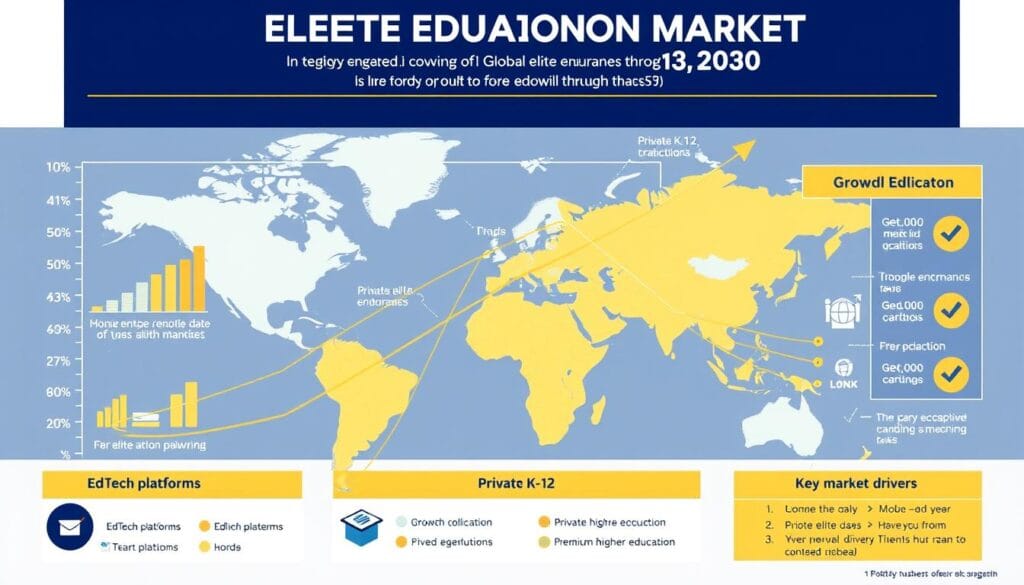
Projected growth in global elite education market segments through 2030 (Source: HolonIQ)
Actionable Takeaways for Education Leaders and Investors
The scaling of elite education represents one of the most significant opportunities in the global education market. By implementing strategic approaches that preserve quality while expanding reach, institutions can achieve substantial growth while enhancing their premium positioning.
For Education Executives:
- Invest in proprietary technology platforms that enable distinctive learning experiences
- Develop hybrid delivery models that blend physical and digital touchpoints
- Create robust quality assurance systems that scale with your institution
- Build faculty development programs focused on effective teaching across modalities
- Establish clear metrics that balance growth objectives with quality standards
For EdTech Entrepreneurs:
- Focus on creating genuine value rather than simply digitizing existing approaches
- Develop partnerships with established institutions to enhance credibility
- Invest in user experience design that signals premium positioning
- Build data governance frameworks that prioritize privacy and security
- Create scalable systems while maintaining high-touch elements
The future of elite education will belong to organizations that successfully navigate the tension between exclusivity and scale, creating models that expand access to premium learning experiences while maintaining the distinctive elements that make them valuable. By thoughtfully implementing the strategies outlined in this article, education leaders can position their institutions for sustainable growth in this dynamic landscape.
Transform Your Education Growth Strategy
Our WebberXSuite™ framework has helped elite education providers achieve 10X ROI through proprietary scaling systems. Schedule a consultation to receive a customized growth roadmap for your institution.
